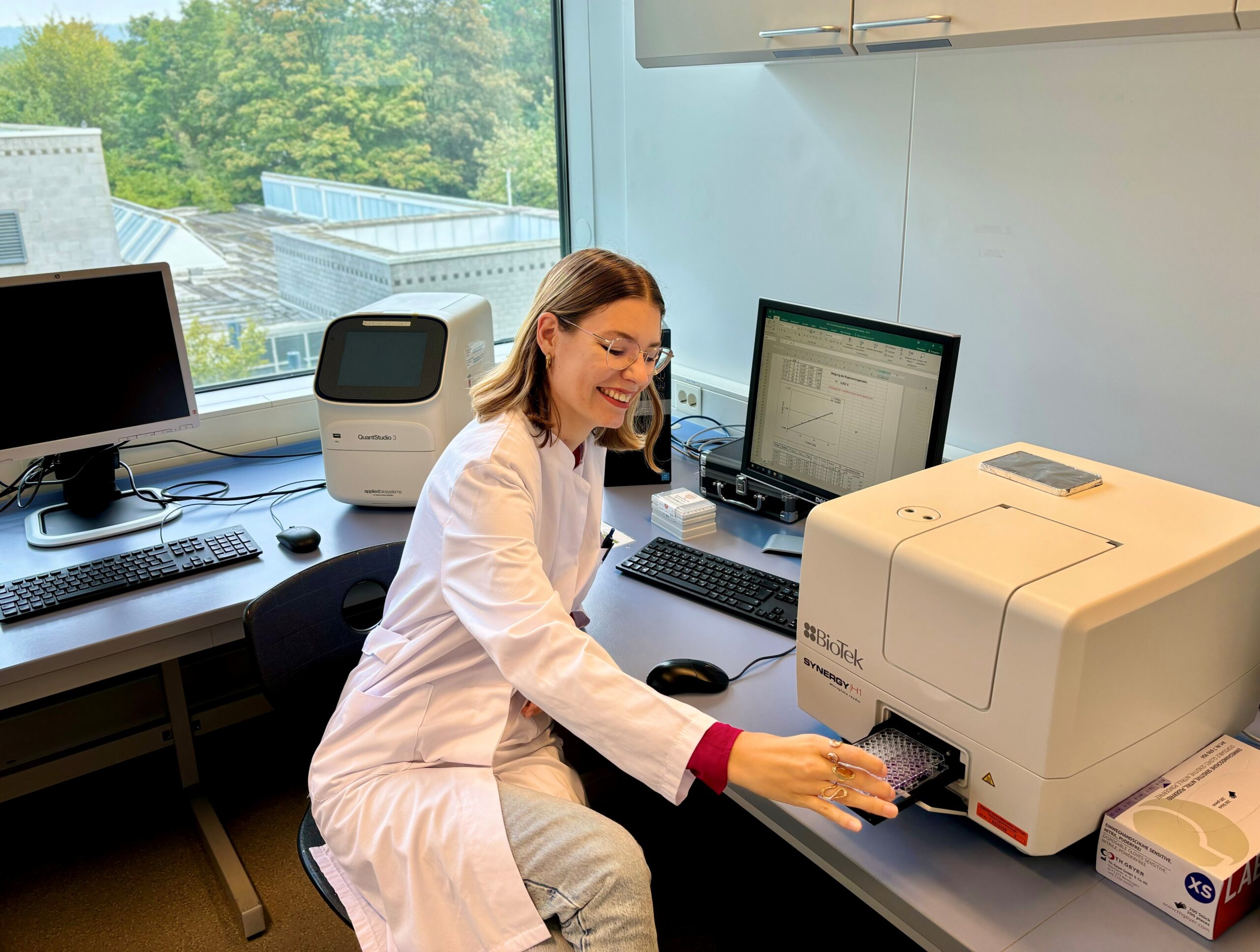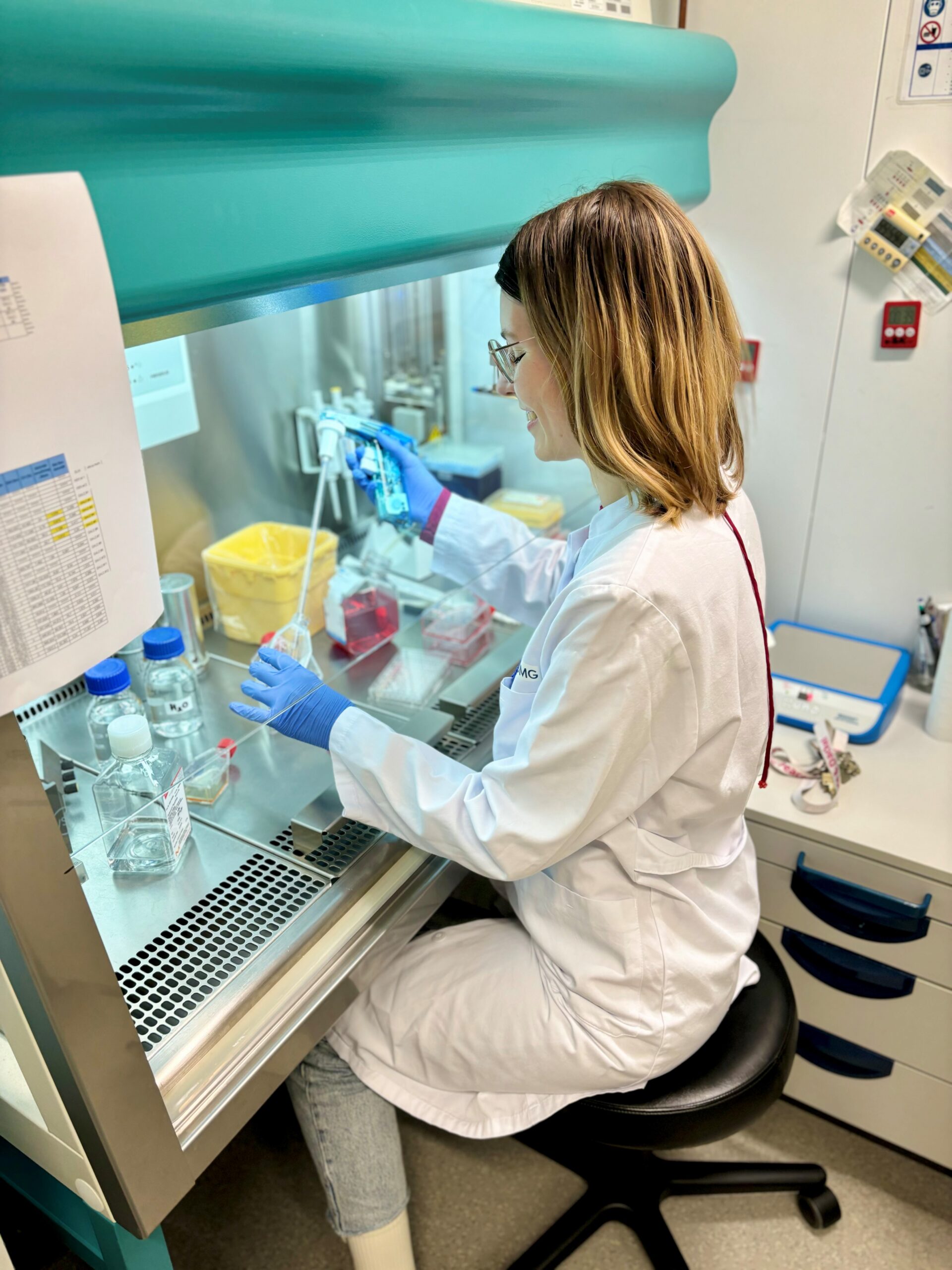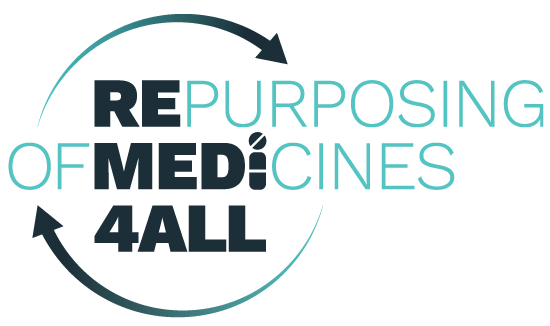
In this series, we talk to early career researchers from REMEDi4ALL institutions to find out more about their interests, projects and how they see the future of drug repurposing. In this edition of Early Career Researcher (ECR) insights, we caught up with Lina Schmidt, a PhD student at the University Hospital Centre Göttingen in Germany about all things research, superpowers and alternative careers.
Tell us a bit about yourself.
Hi! I’m Lina, a 25-year-old PhD student in Molecular Medicine at the University Hospital Centre Göttingen in Germany. When I’m not immersed in research, I enjoy spending time outdoors with my dog Einstein or engaging in sports like running and riding my road bike. Besides my passion for biochemistry, I’m also deeply interested in economics and business administration, which I’m currently pursuing as a second undergraduate degree.
What’s your big research question?
I’m exploring whether different Lysosomal Diseases, rare disorders related to the dysfunction of lysosomes (part of our cells important in processes including recycling of old cell parts and digesting potentially harmful materials that enter the cell) exhibit similar secondary phenotypic changes (how the disease presents in those affected by it), which could serve as therapeutic targets and be used to cluster these diseases.
To address these questions, we have generated isogenic (genetically identical) cellular models and are characterising them using high-throughput microscopy, OMICs, and various biochemical methods.
What sparked your interest in pursuing research in this field?
My interest in rare paediatric disorders, such as Lysosomal Diseases, began in 2017 when I started working as a research assistant in the lab of Prof. Saftig. This sparked a deepening passion, which grew even more when Lars gave me the opportunity to pursue my PhD in his working group. Engaging in a more translational project allowed me to dive deeper into the field and further fuelled my dedication. The possibility of creating real opportunities and providing new perspectives for affected children is what drives me forward and seeing the efforts of families and the entire rare disease community is really inspiring.
What is one thing that you have achieved during your project that you are proud of?
I’m really proud of introducing new methods and techniques in our team that worked well and will be used in future projects. It feels great to know that my contributions can help my colleagues push their work forward too.
What is one obstacle you have faced in your project so far (and how did you overcome it)
One obstacle I have faced in my project so far is the constant presence of challenges, which – I think – is a common experience during a PhD journey. Rather than focusing on a single obstacle, I’ve learned that the key to overcoming challenges is maintaining perspective and recognizing the significance of my work.
Where do you see your field in 5-10 years’ time?
I am confident that, given the remarkable advancements made by numerous colleagues in the field, we will see the availability of therapeutic options for many Lysosomal Diseases. These therapies may come in the form of repurposed drugs, small molecules, or gene therapy. I hope that our focus will be shifted from discovering such therapies to enhancing and optimising them.

Where do you see yourself after you finish your PhD?
Exactly where I am right now. My goal is to carry on with my current work and successfully complete my project, with the hope of making a significant impact in the research and treatment of Lysosomal Diseases.
What is one superpower you wish that you had as a researcher and why?
I’d want to be clairvoyant! It would be amazing to know from the start whether an experiment is going to succeed and whether it’s worth investing more time and effort into it.
Who would be your dream person to work with (dead or alive)?
It would be my best friend. Research can be incredibly challenging, and doing a PhD often means sacrificing a lot in your personal life and struggling to maintain a good work-life balance. Having my best friend by my side would make all the difference – we could share the ups and downs, motivate each other, and keep going together.
If you would like to find out more about the work of Lina and her research group, click here. Moreover, if you want to know more about our REMEDi4ALL partners including University Hospital Centre Göttingen, follow this link.




